MY SPEECH TO PARLIAMENT ON THE COPTIC ORTHODOX COMMUNITY OF EGYPT
FEBRUARY 21ST 2011
I bring this private member’s motion to the House because it goes to an issue of great concern to the Coptic community in Australia but also to the broader community both here and overseas. The House would be aware of the most recent violence against the Coptic community in Egypt. During a New Year’s Eve service marking the beginning of 2011, innocent members of Egypt’s Coptic community, while observing mass at the Al-Qiddissin Church, the Church of the Two Saints, in Alexandria, were violently attacked by a series of bombings that killed 23 people and wounded 80 others. This unprovoked attack against Coptic Christians came after a series of ongoing threats from extremist groups who do not value freedom of religion or human life. The violence shocked the international community and deeply disturbed our local Coptic community. Of course, this incident was not the first attack on the Coptic community in Egypt but it was one of the most devastating and fatal. The Coptic community of Egypt is the largest Christian community in the Middle East. Copts are very much the indigenous people of Egypt that trace their lineage back to the ancient Egyptians and belong to one of the earliest Christian churches, but today theirs is a minority religion in Egypt.
The Coptic community here in Australia is significant in size. It began its migration following Egypt’s independence in 1953 and has continued to migrate here ever since. Coptic migration was characterised by an urban and highly educated people with skills and qualifications that fare better than those of the average population in Australia. The Coptic community continues to adhere strongly to its faith organised largely around the Coptic Church and has about 80,000 followers here in Australia. This is a devout and highly successful community and is now in its second and third generations. Coolaroo in my electorate is home to St Mary’s Coptic Orthodox College, which was officially opened by His Holiness Pope Shenouda III, Pope of Alexandria and Patriarch of the See of St Mark, in 1991. The school’s director, Father Tadros Sharobeam, has overseen the development of a thriving school dedicated to academic excellence within the principles of the Coptic Orthodox faith.
The attacks on Copts in Egypt have drawn strong condemnation here in Australia from faith leaders in particular. I want to join with the Australian government and other members in this place in condemning the killing of innocent people, and to say that religious persecution is the single most virulent threat to humanity and to world peace. It is therefore heartening to see the Muslim community both in Egypt and beyond standing together with their Coptic compatriots against those who threaten our stability and our humanity. The Egyptian newspaper al-Ahram in January this year reported that ‘Muslims turned up in droves for the Coptic Christmas mass Thursday night, offering their bodies and lives as shields to Egypt’s threatened Christian community’. The values underpinning orthodox belief systems are shared by humanity at large, including their Muslim compatriots, which only exacerbates the impact of what has happened because we can all, regardless of the faith or the beliefs we hold, share and feel the injustice of what has occurred.
In calling for religious tolerance I would like to commend the leadership displayed by His Holiness Pope Shenouda III of Alexandria, who issued public statements during the crisis. I would like to quote from Pope Shenouda. He says: ‘Problems can be solved with steady, calm representation and not with violent action. The unity of Muslims and Christians against the terrorist acts and the spirit that was created between both groups was admirable. The solidarity between Muslims and Christian citizens is certainly invaluable.’
Fortunately, we do not have such persecution and discrimination against people on the basis of faith or ethnicity in this country. Here in this country we have built strong interfaith networks that underpin our own unique brand of multiculturalism. Our tolerance and our overall democratic way of life are our greatest assets and we have built cohesion and unity. Indeed, the Coptic community, like other migrant communities, have thrived and are a significant part of the Australian community. As such, I would also like to take the opportunity to commend the leadership of His Grace Bishop Suriel of the Coptic Orthodox Diocese of Melbourne and Affiliated Regions, who has been a strong advocate of ecumenism and interfaith understanding, leading his community with strength and compassion.
The plight of Coptic Christians in Egypt serves as a reminder of how important it is for all of us to rise to the challenge and help build bridges through interfaith and intercommunity dialogue. It reminds us how important it is to protect minority rights and hose down the flames of community division. Whether or not multiculturalism can be extrapolated to other national and social contexts, this violent form of sectarianism must be opposed, with an end to all forms of religious discrimination and the promotion of democratic rights for all. (Time expired)
